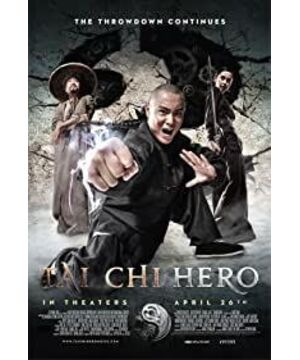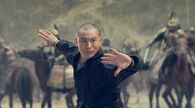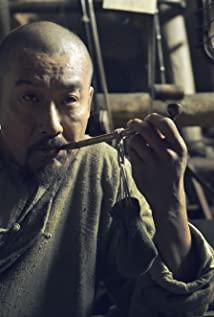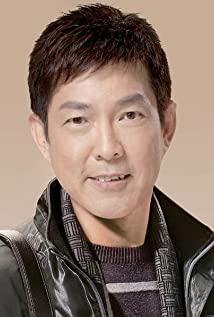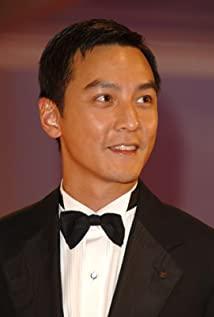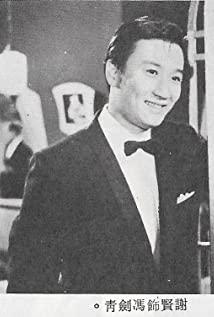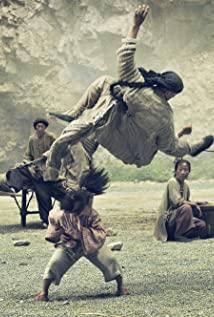Film production, packaging promotion, CG special effects and marketing methods have not been mentioned. This is the only aspect that Chinese films can do well in recent years. Sairen teacher said that the completion of the story of "Tai Chi" can still be done, but I don't agree. The weakest part of the film is that the plot of the story is not motivated enough. Many plots are developed for the sake of development. Speaking, I feel stiff, which is especially evident in the second part.
As a novel martial arts movie, pay attention, it is a martial arts movie! Feng Delun wanted to find another way to innovate, but unfortunately this time he went a little off. The promotional film for "Tai Chi" is well done. I have to say that the number of domestic film marketing talents is increasing rapidly, and the promotional film is extremely beautifully cut. However, those basic elements in martial arts movies are not well reflected in this film. Wu, the head of Chen is a stunt, not as good as his son flying a plane in the sky, chivalrous, and even disappeared without a trace in the movie, without any sense of chivalry. Feng Delun is trying very hard to explore the new performance situation of martial arts movies, but unfortunately, he failed this time.
As a genre film with Chinese characteristics, martial arts movies are inseparable from the Chinese cultural tradition and aesthetic taste. When almost everyone is in middle school, there are always a few martial arts novels hidden in their desks, and martial arts novels were once called "adult fairy tales". Every Chinese should have a martial arts plot, a feeling of walking around the rivers and lakes with swords, "a laugh from the sea, surging tides on both sides of the strait". And martial arts movies are to satisfy the martial arts plot of the Chinese people. Take a look at the previous martial arts movies, from "Unbeaten in the East" to "Tai Chi Zhang Sanfeng", the production and plot are not particularly good, but the flavor is full, and every move and style is impressive. "Crouching Tiger, Hidden Dragon", the pinnacle of Chinese martial arts films, has the feeling of a martial arts hermit in it.
Here I think it is necessary to distinguish between martial arts films and kung fu films. Many people compare "Tai Chi" with "Kung Fu" and "Ip Man", but I don't think they are completely the same. Martial arts films pay more attention to the pride of family affairs, national affairs and world affairs. Chinese people are used to it since childhood. Pointing acupuncture points can make people still, raising their hands can release powerful hidden weapons, and sticking their palms to the backs of others can transfer internal skills. No one is going to look into the reasons for it. Chen Kexin tried to innovate in this regard in "Martial Arts", but ended in failure.
Kung fu films focus more on one-by-one fights, and the plot is just the driving force behind each fight. "Ip Man" is the best in this regard. "Tai Chi" positions itself as a martial arts film, which should reflect the connotation and essence of martial arts films. The way of expression can be changed, but the essence of martial arts films is also lost. It’s no problem to play games through customs, and steampunk is no problem, but the best result is that the film does not look like a novel martial arts film, but a novel that is not like a martial arts film.
Speaking of steampunk here, I specifically asked Du Niang, and to sum it up, it is the style of the Victorian era plus the world view of modern technology. Its key words are rebellion, nostalgia, machine aesthetics. This is a word imported from the West. Japan seems to have many similar cultural works, from novels to movies. But Tai Chi's steampunk is probably just a gimmick in publicity, not as good as Tim Burton's movie machine punk.
I still like the first part, the plot and plot are better than the second part, at least I still have the urge to watch the second part. After watching the second part, I plan to write a film review to vent and then go to sleep. . .
View more about Tai Chi 2: The Hero Rises reviews


